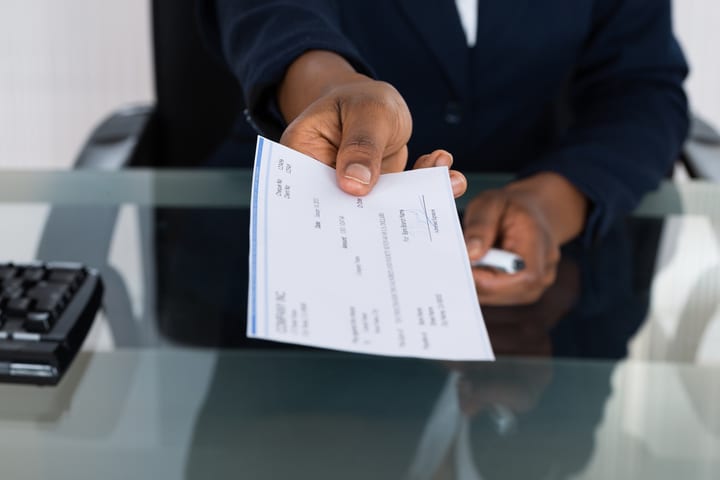If your employer didn’t pay you on payday in California, there are steps you can take:
- Review your employment contract, collective bargaining agreement, or company policies: Make sure you understand the terms of your employment regarding paydays, payment methods, and any applicable penalties you could be owed for late payment.
- Contact your employer: You can politely inquire about the delay in payment. It’s possible that there was an administrative error. However, you are still entitled to accurate payment in accordance with California state laws.
- Document everything: Keep records of your attempts to contact your employer, any responses you receive, and any information from other employees who could be facing the same issue.
- Review California labor laws: Familiarize yourself with the labor laws in California, in accordance with the labor commissioner’s office, in regard to paydays, minimum wage, and penalties for late payment. California law requires employers to pay employees at least twice a month on specific dates, and failure to do so can result in penalties for the employer.
- File a wage claim: If you’re unable to resolve the issue with your employer directly, you can file a wage claim with the California Division of Labor Standards Enforcement (DLSE).
- Consider talking to an employment lawyer: If you still haven’t received your paycheck, or if you believe your employer is deliberately withholding your wages, reach out to the employment attorneys at Lawyer for Justice, PC. They offer a FREE consultation and can help get you what you deserve.
How Long Can an Employer Not Pay You in California?
In California, employers are required to pay employees on a regular basis, which is typically at least twice per month for most employees. For example, if you are paid biweekly, your employer must pay you within seven calendar days after the end of the pay period. If you are paid monthly, your employer must usually pay you by the 26th of the month for work performed between the 1st and the 15th of that month, and by the 10th of the following month for work performed between the 16th and the end of the previous month.
If your employer fails to pay you on time, they may be subject to penalties under California labor law. These penalties can include daily fines for each day that the wages remain unpaid, as well as potential legal action by the employee to recover the unpaid wages.
In summary, while there is no specific time limit for how long an employer can go without paying you in California, their failure to pay you accurately can result in penalties.
Late Paycheck – FAQ
how long until you can sue a company for not paying you? In California, there are strict rules regarding wages owed to employees. A worker typically has three years from the date the payment was expected to file a claim for unpaid wages.
how long does a employer have to pay you? If an employer refuses to pay their employee during certain pay periods, an employee can file an employment law claim. However, there are different rules depending on the nature of work and the type of industry that employees should be aware of.
how long does an employer have to fix a payroll error in california? In California, employers typically have up to 30 days to correct payroll errors. If they fail to fix payment issues, or if they issue late paychecks during that time, employees are usually entitled to a full day’s wages at their regular rate of pay (usually their hourly wage) for each day they do not receive payment.
can you refuse to work if you haven’t been paid? Depending on the employment relationship, an employer could terminate your employment if you refuse to work. You could also be in breach of your employment contract if it specifies that you must work regardless of whether or not you have been paid.
can i sue my employer for not paying me correctly? Any California employee is sue for unpaid wages if they have not been paid correctly or received their final paycheck. This includes unpaid wages related to minimum wage, overtime, and other wage and hour violations.
can an employer hold your paycheck after payday? An employer is usually not permitted to wait until the next scheduled payday or calendar day to pay an employee they wages they are owed. A paycheck must include all accrued and unused vacation time, or PTO.
how late can an employer pay you? Employers are meant to pay their professional employees on time. If they do not, the employer could be forced to pay a waiting time penalty for up to 30 days.
can my employer pay me late due to bank holiday? Typically, banks are closed on holidays, and if that is the case, employees may need to wait to receive their net wages until the bank resumes normal business hours.
what happens if a company can’t make payroll? Businesses could face a variety of penalties if they cannot pay bills. Sometimes employers are required to pay additional compensation to employees if they cannot provide payment on the scheduled pay day.
Last Updated on May 19, 2025



